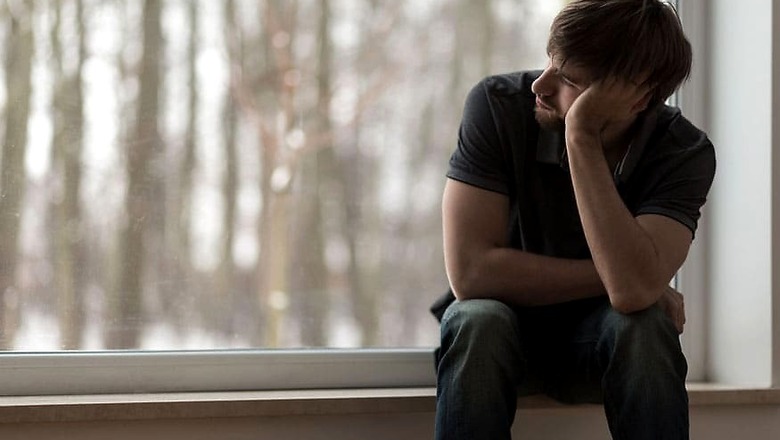
views
Most of us think of extreme sadness when talking about depression. However, depression is a mood disorder that is much more than just sadness or grief. It may look very different in two different individuals and may even go unnoticed in some.
Long-lasting and serious depression may become a major health concern and may affect almost every aspect of a person’s life. As per the World Health Organisation, nearly 264 million people are affected by depression in the world. The condition may lead to suicide in the worst-case scenario - suicide is one of the leading causes of death in the age group of 15 to 29.
Whether mild or serious, depression should never be ignored. Here is an easy guide on depression, including the tell-tale signs of the condition and ways to manage them.Signs and symptoms of depression
Depression shows up as a mix of physical, mental and behavioural symptoms. These include:
- Feeling hopeless, sad and worthless
- Losing interest in hobbies or work and/or social withdrawal
- Difficulty in concentrating
- Irritability
- Insomnia or sleeping a lot
- Loss of appetite
- Fatigue or feeling low in energy
- Body pain
- Headaches
- Digestive issues
- Anxiety
- Suicidal thoughts
Not everyone will experience all of these symptoms - some may experience a few, others may have it all. Also, a lot of these symptoms overlap with some other health conditions. So, instead of self-diagnosing, it is best to check in with an experienced doctor if you notice any of these signs.What causes depression?
Contrary to popular belief, depression is not caused by a traumatic event, though such an event may put a person at risk of depression. In fact, depression occurs due to certain changes in the brain. Researchers say that the growth of brain cells and signal transfer between these cells is what is associated with depression. For example, less growth of brain cells in the hippocampus - the area that plays a role in processing long term memory and memory recall - maybe a cause of depression in some. Additionally, some people also have a genetic vulnerability to depression.
Other risk factors for depression include substance abuse, a major illness, a family history of depression, and regular use of certain medications.Types of depression
Depression may be persistent or it may show up in recurrent episodes. The National Institute of Mental Health, USA categorises depression into the following types:
How to manage depression: Prevention and treatment
Once you identify the signs of depression, you can try to prevent the relapse of signs through steps like maintaining a healthy diet, having a regular routine, working on your self-confidence, destressing with a hobby and exercising daily. It is also very important to seek help from friends and family so they can lend support when you need it. Your doctor would counsel you on all that you need to do to get better - it's essential that you listen to them.
Depression treatment depends on the severity of the condition and may range from self-help groups to the administration of antidepressants, psychiatric treatment and lifestyle management.For more information, read our article on Depression.Health articles on News18 are written by myUpchar.com, India’s first and biggest resource for verified medical information. At myUpchar, researchers and journalists work with doctors to bring you information on all things health.Follow @News18Lifestyle for more




















Comments
0 comment